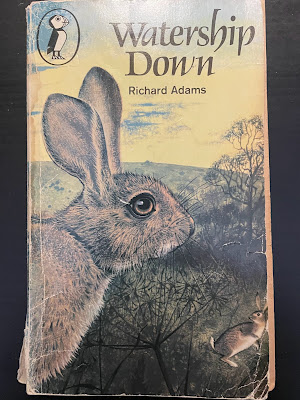A Deceptively Simple Story - Thunder and Lightnings by Jan Mark

Jacket by Jim Russell Jan Mark's first novel, Thunder and Lightnings , was published in 1976 and won the Carnegie Medal in 1977. It is, for several reasons, one of my favourite children's books. It's not perfect—Jan's scorn for certain idiocies of the English education system occasionally bursts out a little too obviously—but it is a condensed, often funny, and quietly moving study of an encounter between two boys from very different backgrounds: Andrew the child of middle-class, educated professionals, an incomer to the Norfolk countryside, and Victor, a Norfolk farm-worker's son. I lived in the Norfolk countryside for forty years, and my mother lives there still. In fact, until recently she had her hair done every week in Coltishall, the village that gives its name to RAF Coltishall where the Lightning aircraft in the story are based. Generations of my mother's family come from Norfolk and I am still amazed that after such short acquaintance Jan Mark got ...




